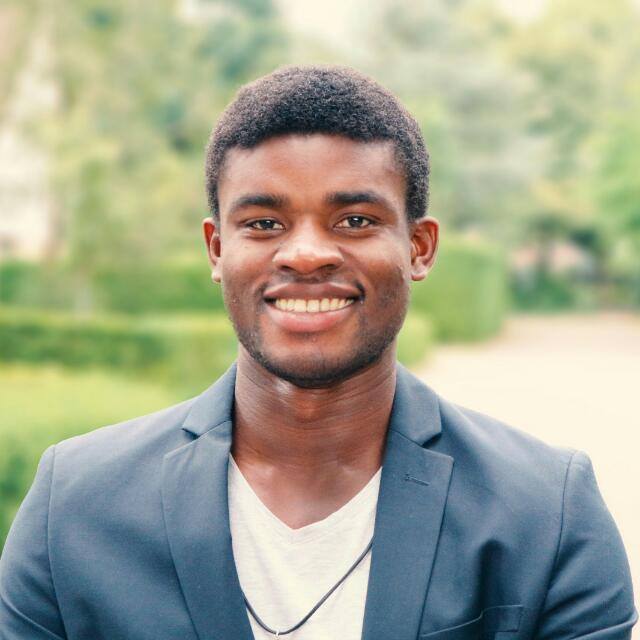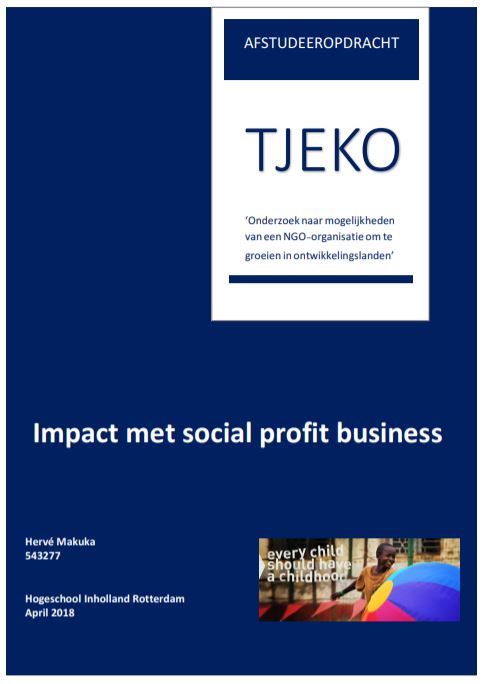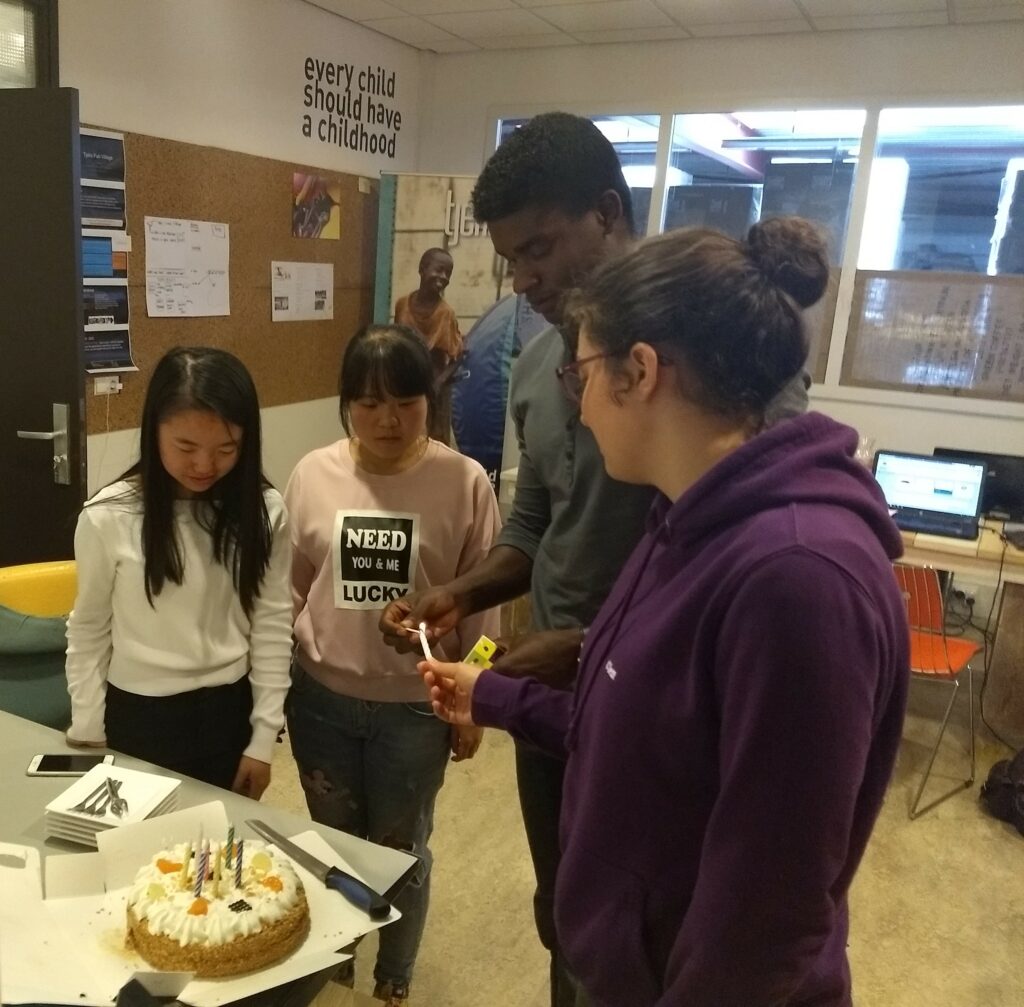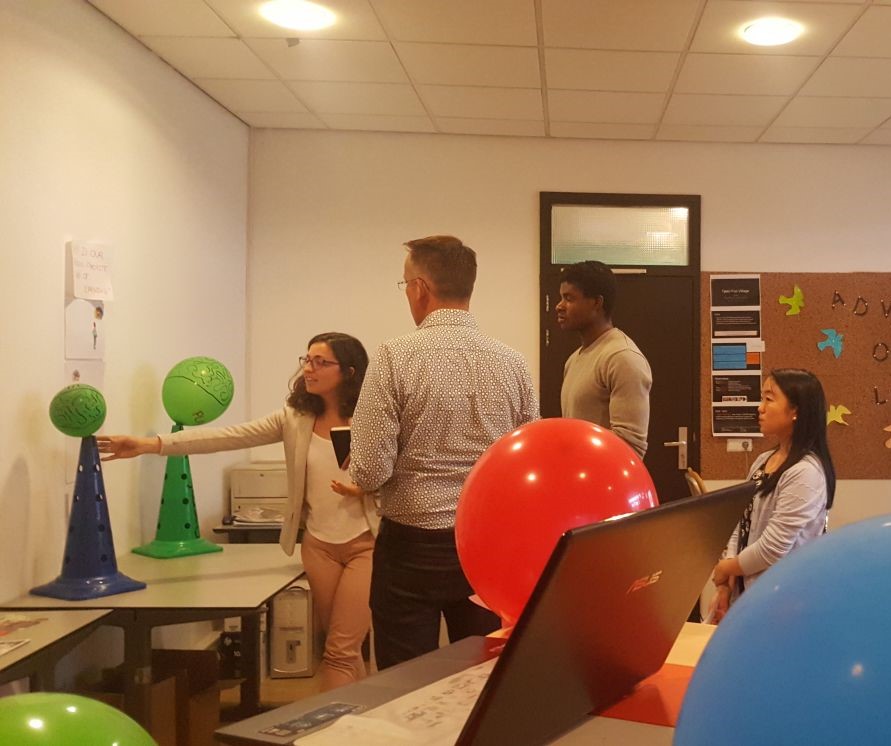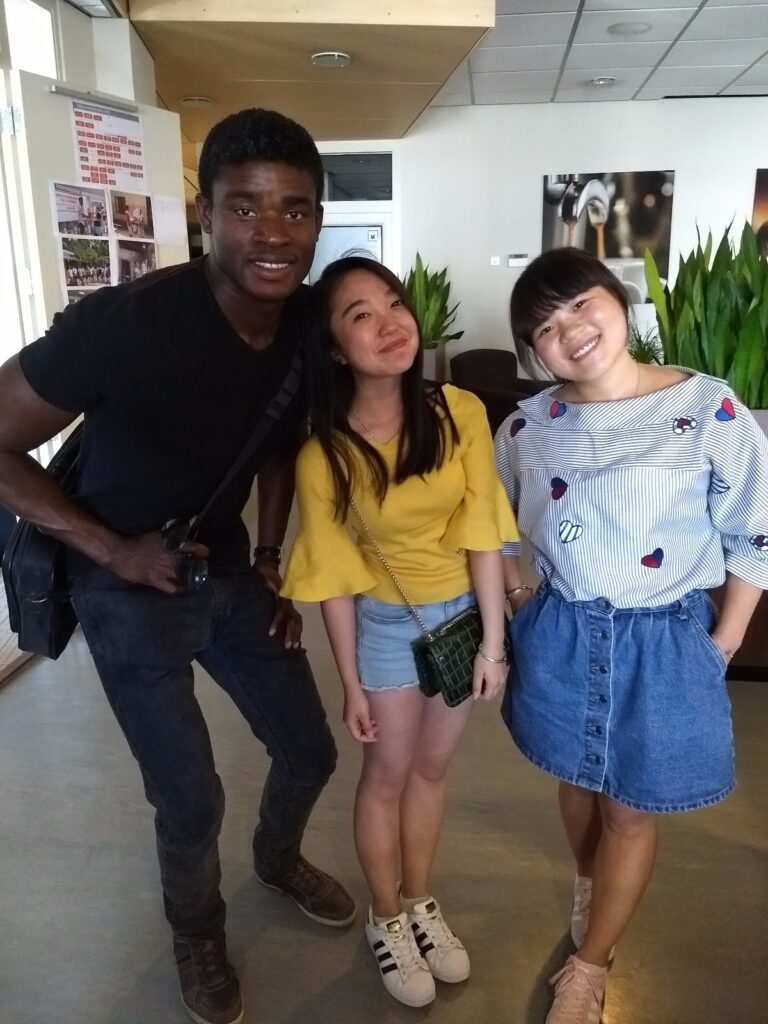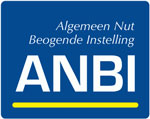At Tjeko we think it is important to invest in the development of young adults. In 2017, the Tjeko office in the Netherlands was full! Five different interns chose Tjeko NL as their development place!
One of those interns was Hervé Makuka. Hervé is now 30 years old and has worked for the province of South Holland for more than two years.
How did you end up at Tjeko? When I was little I got to know Ferdi and Tatiana. Over the years, the contact had faded. At the time they lived in the United States. In 2017 I was busy finding a graduation place, in both the public and private sector. After a month and a half of searching I couldn’t find anything. My (foster) mother then advised me that maybe I should talk to Ferdi.
How did you experience your time at Tjeko? From a strong personal interest, I have experienced my time at Tjeko with great pleasure and enthusiasm. It was very educational in many ways.
What did you work on during this internship? First of all, my graduation research for Tjeko “Research into the possibilities of an NGO organization to grow in developing countries”. I have also worked with my fellow (international) interns on a number of projects to find business partners with corporate social responsibility, to support the social profit company in Uganda.
What did you work on during this internship? First of all, my graduation research for Tjeko “Research into the possibilities of an NGO organization to grow in developing countries”. I have also worked with my fellow (international) interns on a number of projects to find business partners with corporate social responsibility, to support the social profit company in Uganda.
What did you learn during your internship at Tjeko? How you can best offer people from developing countries assistance that meets their needs, both at that time and in the future. Long-term help and not just for the short term.
What do you think of the Tjeko Foundation? A small organization with a large network that can bring together thousands of people in both developing and western countries. Thinking locally, but injected with the knowledge that the organization has from the west. No development aid in the way of basic necessities that we traditionally know. Inspiring society to let children play by inspiring a system around the children and including it in what Tjeko does. Inspiring that system around the child to give children the opportunity to develop creatively.
Service to others is the rent you pay for your room here on earth!
What did you bring with you in your own life after your internship at Tjeko? The realization that billions of people in the world are receiving aid in the wrong way, so that after all these decade they still live in poverty. Help can be provided in an adequate and long-term way. In many African countries you see all kinds of possibilities when you travel there. Certain products are not. For example, there are cows, but there is no cheese. Those products are not on the market, but are often imported. I think that is a shortcoming in the African economy.
Can you name a favorite moment during your time at Tjeko? Teaching my fellow intern (from China) to cycle! Cycling is the most common practice in the Netherlands. Of course, people take their bicycles here and that is rooted in Dutch culture.
What does game mean to you? Enjoy yourself, have fun and forget the worries in your life. Play is about being happy and having fun.
What did you prefer to do as a child? Football was and is my passion. I was born in Africa and partly grew up. There I had no choice but to play a game of football outside and hope that one day I will become a professional football player. For many children in developing countries, playing football is a dream that they want to cherish forever.
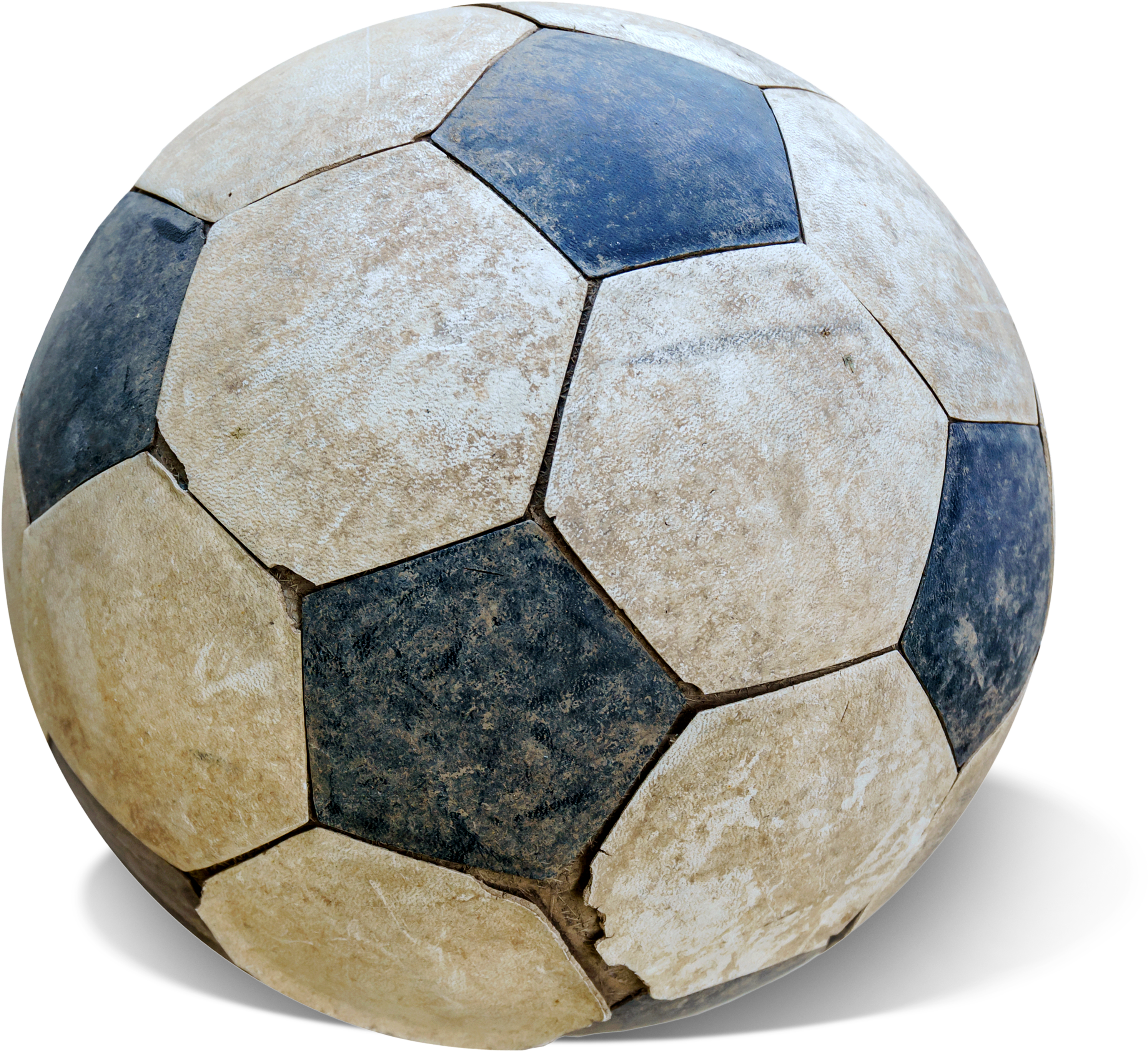
What do you get from Tjeko at the moment and what do you think about it? Tjeko is committed to educating children in a way that will serve them well in their future.
Do you have any tips for Tjeko? Use the networks that exist to continue to grow as an organization and investing in relationships with reliable local partners is essential. Keep the responsibility so close to the source. Placing ownership and responsibility with the local population. For example, American foundations are struggling to hand over the property of the project. They continue to give people fish instead of a fishing rod. In line with the demand of the population. Take follow-up steps on the basis of this, otherwise you will never get that they own / become the owner of the social profit company.
What would you like to tell people about Tjeko? I would like to tell them about the reach of the social profit enterprise in a country like Uganda and how it impacts the lives of those children. As a foundation in the Netherlands, Tjeko has built a social-profit business in Uganda with the aim of letting the children play, with beautiful things in a place that is specially made for them. I don’t think you can fully help people with just a foundation. The social profit business is a perfect addition to this. You set up a foundation for people who cannot take care of themselves and / or who want to offer you a helping hand.
What do you wish for Tjeko?
Start many more play initiatives (parks) in developing countries. That they remain transparent, pursue ambition to grow, sustainable entrepreneurship and social entrepreneurship as a win-win situation for all those involved in the organization.
